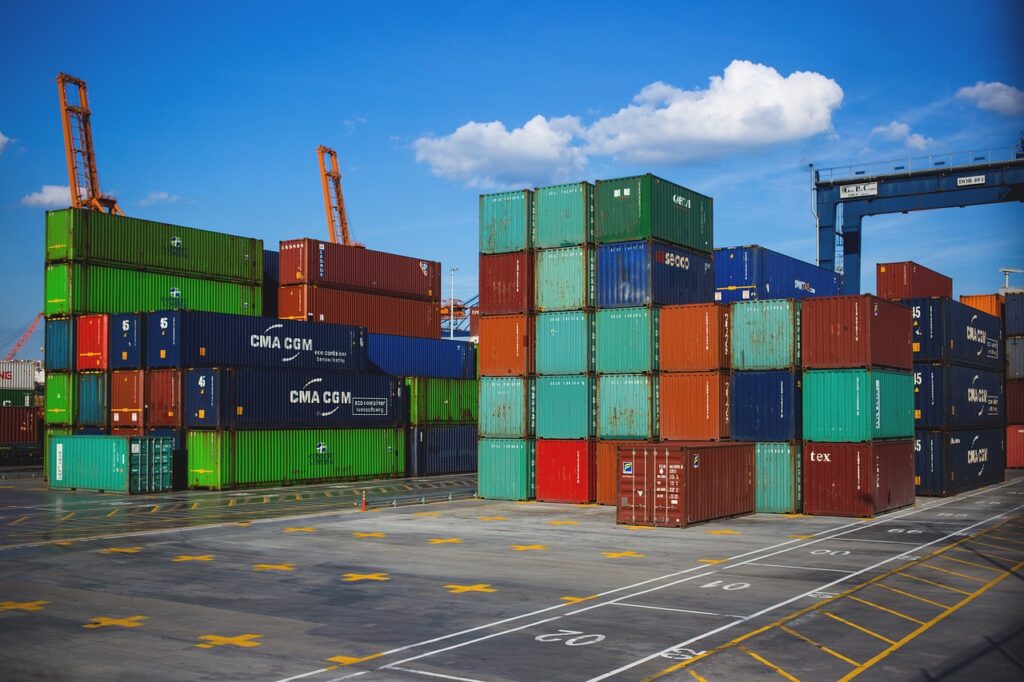A small business can be better than a big business because of agility and adaptability due to their size and scale.
- +85 155 596 1658
- Losangle, Street Road 24, New York, USA - 67452
- support@gmail.com



Transportation coordination is a vital part of construction logistics that ensures materials, machinery, and equipment are delivered efficiently and on time to job sites. It involves careful planning of routes, scheduling shipments, and selecting specialized vehicles to handle oversized or heavy loads while complying with safety and regulatory requirements. Effective coordination minimizes delays, reduces costs, and helps avoid disruptions caused by traffic, weather, or site access limitations. By managing all these factors, transportation coordination supports smooth project execution and keeps construction timelines on track.


Inventory management in construction logistics involves accurately tracking and controlling all materials, equipment, and consumables needed across multiple job sites. Due to the decentralized and dynamic nature of construction projects, effective inventory management ensures that supplies are available when and where they are needed, minimizing costly delays and disruptions. Advanced tracking systems, such as barcode scanning and real-time software, help optimize procurement, storage, and distribution processes. By maintaining optimal inventory levels and strong supplier relationships, construction companies can reduce waste, improve efficiency, and keep projects on schedule.


Freight forwarding is a specialized service that manages the efficient transportation of construction materials, equipment, and machinery across domestic and international routes. It involves coordinating shipments, handling customs clearance, and ensuring compliance with complex regulations to avoid delays and additional costs. Freight forwarders act as intermediaries between shippers and carriers, providing end-to-end visibility and tailored solutions for oversized, heavy, or time-sensitive cargo. Their expertise streamlines supply chains, reduces risks, and guarantees that critical construction supplies arrive safely and on schedule.


Supply chain management in construction involves the strategic coordination of information throughout a project’s lifecycle. It ensures that all stakeholders—from suppliers to contractors—are aligned to prevent delays, avoid material shortages, and maintain project schedules. Effective supply chain management integrates product flow, information flow, and financial flow, enabling timely decision-making and cost control. By optimizing these interconnected processes, construction projects achieve greater efficiency, reduced waste, and improved overall outcomes.
